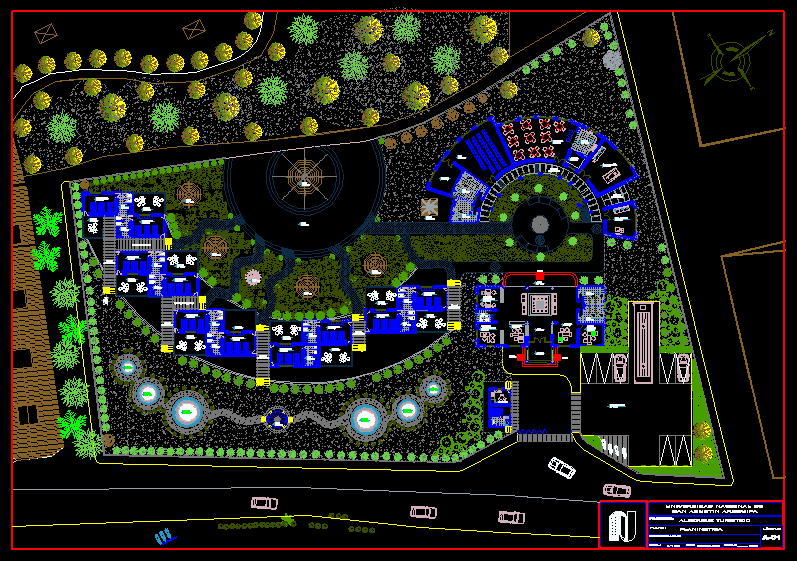
Egg protein is essentially powdered egg whites. The nutritional value of casein is lesser than whey, and the body absorbs casein more slowly. Like whey, casein protein is also derived from milk. Whey protein is the most common protein supplement and is a “complete" protein, containing all the essential amino acids. The four main types of protein supplement are whey, casein, egg and soy. Protein supplements can help promote immune function and weight management if used with a balanced, healthy diet which has complex carbs, fruits and vegetables. This is where you calculate your protein requirements and roughly calculate how much you’re getting from food and supplement the rest with a protein supplement. Supplements like whey isolate, soy proteins, and egg powder are safe to consume if taken in the correct amount. If you are a vegetarian, it might be a good idea to take an over-the-counter protein supplement like whey isolate to complete your required daily amount. So if you weigh 70kg and spend an hour in the gym four times a week, including weight training, you need 1.2gx70kg=84g of protein daily to make sure that you preserve, repair and rebuild muscle tissue. If the protein intake is inadequate then the protein synthesis cannot keep up with the protein breakdown and body proteins (muscle tissue) are broken down and used to fulfil the body’s amino acid requirement, resulting in muscle loss and weakness. When we workout, we break down muscle tissue and we need proteins for muscle repair and growth. For someone into recreational exercises for fitness, the amount could vary from anywhere between 1.2g and 1.4g per kg of body weight. The average protein requirement for a healthy adult is 0.8-1g per kilogram of body weight, according to the US Food and Drug Administration and Harvard School of Public Health, US. The amount of recommended daily protein depends on your age, health and activity levels. Healthy people rarely need protein supplements and most vegetarians are able to get enough essential amino acids by eating a variety of plant proteins. If you have oats with milk and fruits and a couple of eggs for breakfast around 100g of chicken with vegetables and rice for lunch a handful of nuts in the evening and roti, dal and vegetables at night, you’ve got your protein requirement for the day. Rice, dal and some boiled eggs will give you an even better dose of protein.Ī nutritionally balanced diet should provide enough protein for most people. For example, rice and dal in combination is much better than just rice or just dal. The healthiest way to get protein in your body is to combine all the available sources to get a complete protein profile in your diet. And you have “incomplete" or “low" quality proteins, like legumes, cereals, vegetables, and nuts, which don’t have all the nine essential amino acids. So you have “complete" or “high-quality" proteins, which include proteins of animal origin like chicken, fish, meat, eggs, and dairy products these contain all nine essential amino acids. Here is where it gets interesting-not all dietary sources of protein contain all nine essential amino acids, and it’s the availability of these amino acids that determines the quality of the protein. Nine of the amino acids are “essential", which means the body must absorb them from food. More than half of these the body can produce itself, and are called non-essential amino acids, since you don’t have to get them from your diet. There are 20 amino acids that form the basic building blocks of proteins in the human body. These body proteins are constantly being damaged, broken down and then replaced by the protein we eat. Not just the big muscles-every tissue, organ and part of the body is made up of proteins.

There is little doubt about the importance of proteins-they are made of amino acids, which are the major structural component of every cell in the body.


 0 kommentar(er)
0 kommentar(er)
